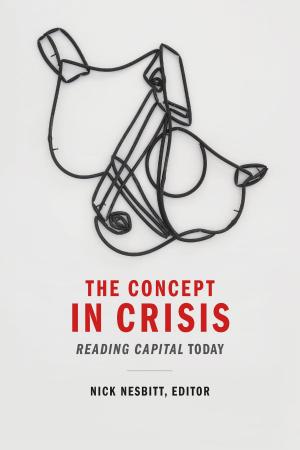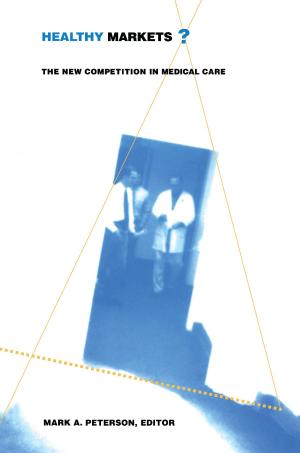Pharmocracy
Value, Politics, and Knowledge in Global Biomedicine
Nonfiction, History, Asian, India, Social & Cultural Studies, Social Science, Anthropology| Author: | Kaushik Sunder Rajan | ISBN: | 9780822373285 |
| Publisher: | Duke University Press | Publication: | March 2, 2017 |
| Imprint: | Duke University Press Books | Language: | English |
| Author: | Kaushik Sunder Rajan |
| ISBN: | 9780822373285 |
| Publisher: | Duke University Press |
| Publication: | March 2, 2017 |
| Imprint: | Duke University Press Books |
| Language: | English |
Continuing his pioneering theoretical explorations into the relationships among biosciences, the market, and political economy, Kaushik Sunder Rajan introduces the concept of pharmocracy to explain the structure and operation of the global hegemony of the multinational pharmaceutical industry. He reveals pharmocracy's logic in two case studies from contemporary India: the controversial introduction of an HPV vaccine in 2010, and the Indian Patent Office's denial of a patent for an anticancer drug in 2006 and ensuing legal battles. In each instance health was appropriated by capital and transformed from an embodied state of well-being into an abstract category made subject to capital's interests. These cases demonstrate the precarious situation in which pharmocracy places democracy, as India's accommodation of global pharmaceutical regulatory frameworks pits the interests of its citizens against those of international capital. Sunder Rajan's insights into this dynamic make clear the high stakes of pharmocracy's intersection with health, politics, and democracy.
Continuing his pioneering theoretical explorations into the relationships among biosciences, the market, and political economy, Kaushik Sunder Rajan introduces the concept of pharmocracy to explain the structure and operation of the global hegemony of the multinational pharmaceutical industry. He reveals pharmocracy's logic in two case studies from contemporary India: the controversial introduction of an HPV vaccine in 2010, and the Indian Patent Office's denial of a patent for an anticancer drug in 2006 and ensuing legal battles. In each instance health was appropriated by capital and transformed from an embodied state of well-being into an abstract category made subject to capital's interests. These cases demonstrate the precarious situation in which pharmocracy places democracy, as India's accommodation of global pharmaceutical regulatory frameworks pits the interests of its citizens against those of international capital. Sunder Rajan's insights into this dynamic make clear the high stakes of pharmocracy's intersection with health, politics, and democracy.















